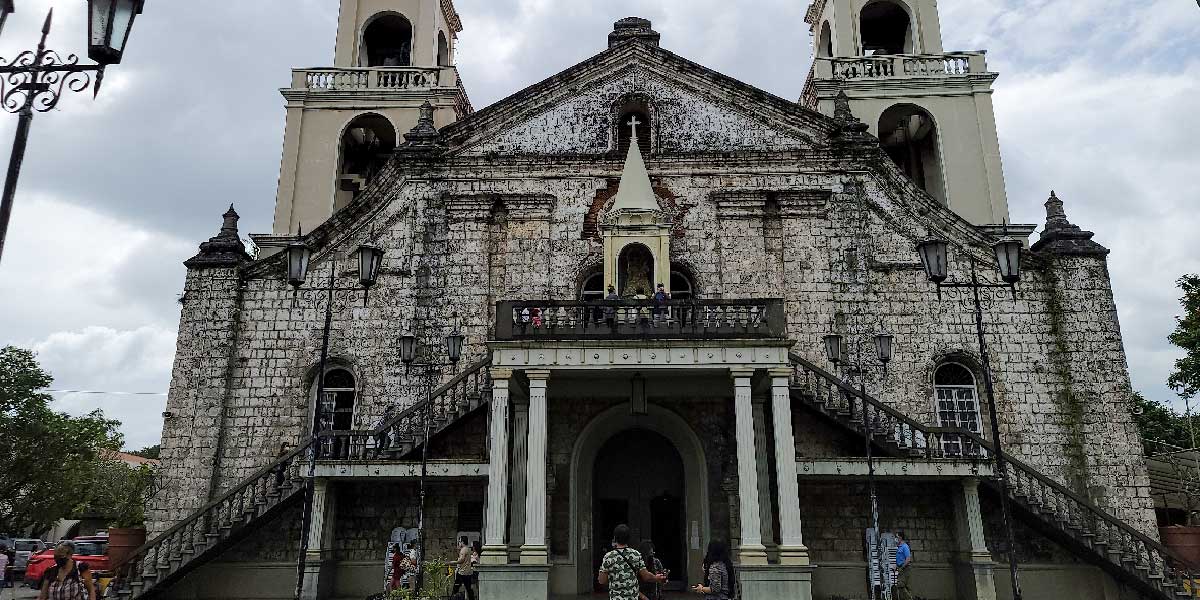By Joshua Corcuera
Last Thursday, December 1, I attended the physical Paskuhan event at my university, the first of its kind since the start of the pandemic in 2020.
There were several realizations that came to mind last Thursday. Despite everything we have been through, despite all the challenges we faced and mountains to climb, some things never change. Back in Paskuhan 2019, there were Christmas decorations, capiz lanterns, joy and laughter among people, and fun things to do with friends and blockmates. Three years later, the same atmosphere has re-emerged in my university. I witnessed how we counted from ten to light up a tall white-and-blue illuminated Christmas tree at the grounds of my university—as well as the joy that came with it. I had a memorable time with my friends which is something most of us lacked during the strict lockdowns brought by the pandemic in 2020. Furthermore, the halls of the school and the trees around it were full of lights and decorations—the sound and sights were filled with joy, hope, and positivity.
My previous column focused on encouraging kindness during the Christmas season, something which I saw firsthand during the Paskuhan event last Thursday. It is normal or usual that, during the holidays, people reconcile their differences and realize that there are more things that unite them than those that shatter them. The challenge, however, is how for this tradition of kindness to last beyond the holidays, for how virtuous acts would become the norm instead of being a rare thing that merely occurs during Christmas.
Furthermore, I thought of what other people think of the holidays. In a country home to more than 109 million people, the Philippines is—without doubt—a culturally diverse nation with a melting pot of traditions. Henceforth, it logically follows that many people have different views—sometimes contrasting perceptions—on the holidays. Actually, it is the poor who I first thought of; how do economically struggling people celebrate Christmas? We have been accustomed to the notion that Christmas means a lot of food shall be prepared, so much so that we have a term for it—noche buena. But, how would destitute people prepare so much food? How can they prepare even a small, simple cake when they always struggle to eat bread? And what do they think of Christmas in the first place?
To some, it may come as a surprise that many poor people share the mainstream idea of Christmas—that it is a holiday of happiness and hope. Even though they may have less in life, the mere fact that they are with their loved ones is something they perceive to be a holiday blessing. Likewise, it is imperative for privileged people to lend a helping hand to others, to those who struggle in life, to make them feel the spirit of Christmas. And, more importantly, to help people not only during the holidays, but also in normal times especially that all of us would struggle at some point in our lives—whether financial, mental, emotional, and so forth. After all, we would lose nothing from helping other people.




















